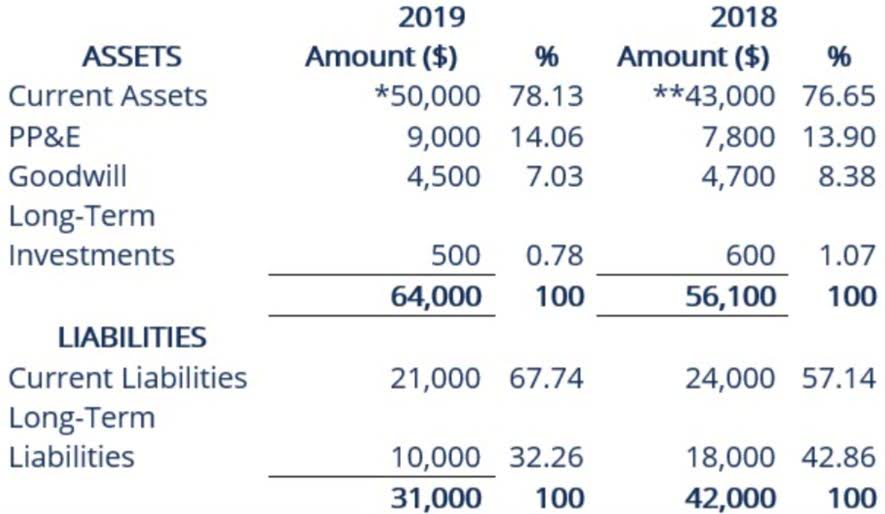
State Bar association rules require law practices to record transactions meticulously so there is no impropriety when dealing with Interest on Lawyers Trust Accounts (IOLTA), or other trust accounts. bookkeeping While these two terms are often used interchangeably, accounting and bookkeeping for lawyers are technically different things. Essentially, legal bookkeeping involves recording and balancing financial transactions at your firm, while accounting involves analyzing, interpreting, and summarizing that financial data.
Leaking money

This requires maintaining accurate records of time spent on each case and may involve using specialized software to track time and generate invoices. With the accrual method, you record revenue when it’s earned and expenses when they’re incurred—whether they’re paid right away or not. This creates a better matching of costs to the revenues earned in a given month or year. It allows for more meaningful financial management that isn’t influenced by the ups and downs of cash flow. If you want your firm to stay compliant, be financially successful, and grow, you need to have an accurate and clear bookkeeping system for your law firm to follow.
- The overarching goal of GAAP is to ensure all companies, including law firms, consistently craft financial statements that are complete and comparable.
- For example, if a firm has completed 60% of a litigation case, it can recognize 60% of the total agreed-upon fee as revenue.
- Additionally, specializing in law firm accounting may open doors to other lucrative opportunities in financial consultancy or practice management.
- As you learn more about the process, you will likely find that you already understand law firm accounting and financial management.
- In contrast, legal bookkeepers focus on the day-to-day management of financial records.
How Accounting for Law Firm Can Benefit Your Business?
When you’re just starting out, you can keep costs low by recording all income and expenses in a spreadsheet, like our Excel Income Statement Template. InvoiceSherpa supports accounting for law firms by saving you time and energy, increasing your cash flow, and getting invoices paid faster. InvoiceSherpa automates your accounts receivable with reminders and collection software. Because InvoiceSherpa integrates with Clio, you can bring contacts and invoices from Clio directly into InvoiceSherpa. Automated bill reminders enable you to automatically send outstanding balances to your clients and bill recipients based on a schedule you can customize.
Manage Expenses and Overhead
Consider the stress caused by chaotic workflows or disorganized processes. Features like document management, workflow automation, and integrations between tools allow employees to focus on meaningful, high-value work instead of mundane admin tasks. When your team spends hours on admin tasks like filing or chasing unpaid invoices, this takes time away from higher-value work. If a paralegal earning $60,000 a year spends 10 hours a week on non-billable tasks, that’s over $15,000 a year in wasted salary costs. These three statement types serve as information resources to law firm accounting services provide insight into a firm’s financial performance, strength, and overall value. You will also want to inquire about their relevant education and training in bookkeeping and financial account management.
Accounting and Bookkeeping Best Practices for Law Firms
For costs paid on behalf of a client, such as a filing fee, a lawyer would post this cost to an asset account, such as „Unbilled Client Costs”. Accurate time keeping is critical for accurate invoicing and profitability. We recommend QB Time or LeanLaw since both are easy to use and have phone apps.

This gives you the best of both worlds while bookkeeping and payroll services making your law firm’s comprehensive accounting situation easier to manage. Documenting billable hours and expenses ensures clients are appropriately charged for services rendered. Integrated legal practice management software consolidates time-tracking, billing, and accounting functions, enabling firms to provide clear, comprehensive invoices.

Analyzing Revenue (Beyond the Profit & Loss Report)
The Gawie le Roux Institute of Law is an LPC-accredited institute and private provider of high-quality legal training to attorneys, candidate attorneys, and legal support staff working in law firms. The Institute offers various courses, webinars, and workshops aimed at improving the professional conduct and productivity of staff working in law firms. Keeping client funds separate ensures the money isn’t inadvertently used for your business or personal expenses. In cash basis accounting, you record income and expenses when money changes hands. In accrual accounting, you record revenue when earned and expenses when incurred, regardless of when cash changes hands. Our intuitive software automates the busywork with powerful tools and features designed to help you simplify your financial management and make informed business decisions.
Effective financial management for law firms
Trust accounting is the bookkeeping of clients’ income and expenses that are held in trust. This type of accounting for law firms may include assets from settlements or retainers fees. These funds held in a trust are not the law firm’s property but are individuals or institutions known as trustees. While you spent most of your life becoming a seasoned lawyer, accounting is a different area and not your expertise. Although you now understand the common mistakes in accounting for law firms, you’re still an accountant or bookkeeper.

Clear criteria for determining completion percentages, such as milestones like completing due diligence or signing contracts, are crucial for accurate revenue recognition. Optimize your law firm’s financial health with effective management strategies tailored for modern legal practices. These professionals can seamlessly integrate legal requirements with financial practices, offering unique insights that can prevent legal issues while optimizing financial outcomes. Their comprehensive understanding equips them to strategize more effectively, foreseeing potential legal pitfalls and financial implications much earlier than singularly focused professionals. Recording any money still in a trust account as income is a glaring error and is also against the rules. You may count funds in trust accounts as income until you have earned fees for services rendered.